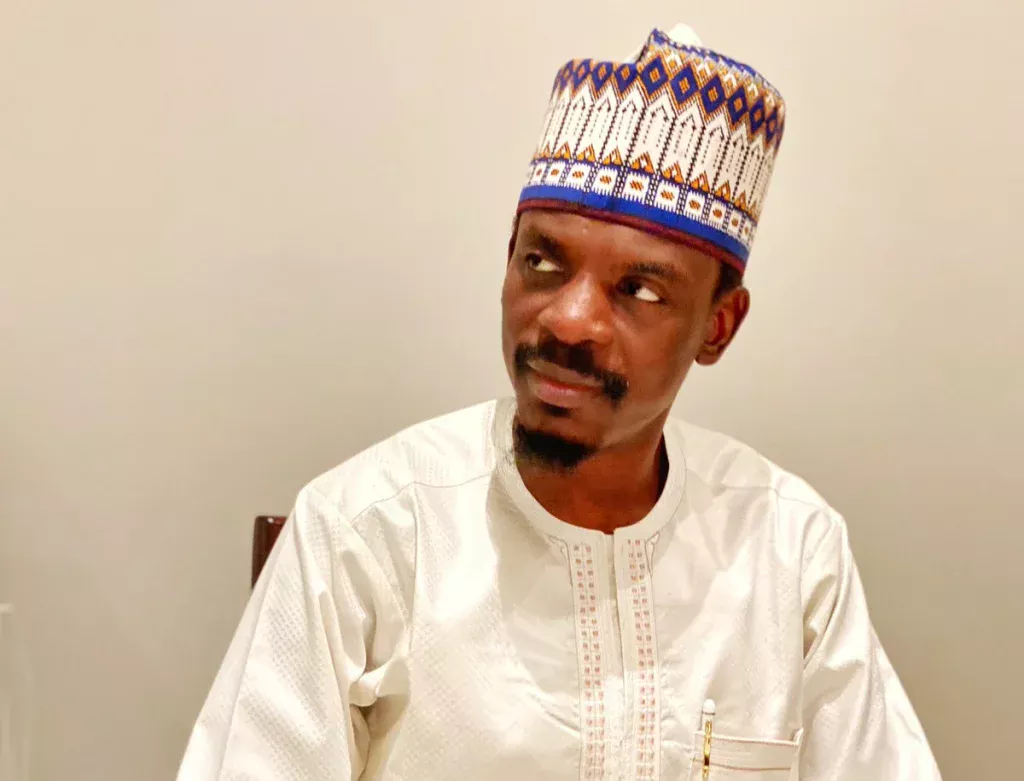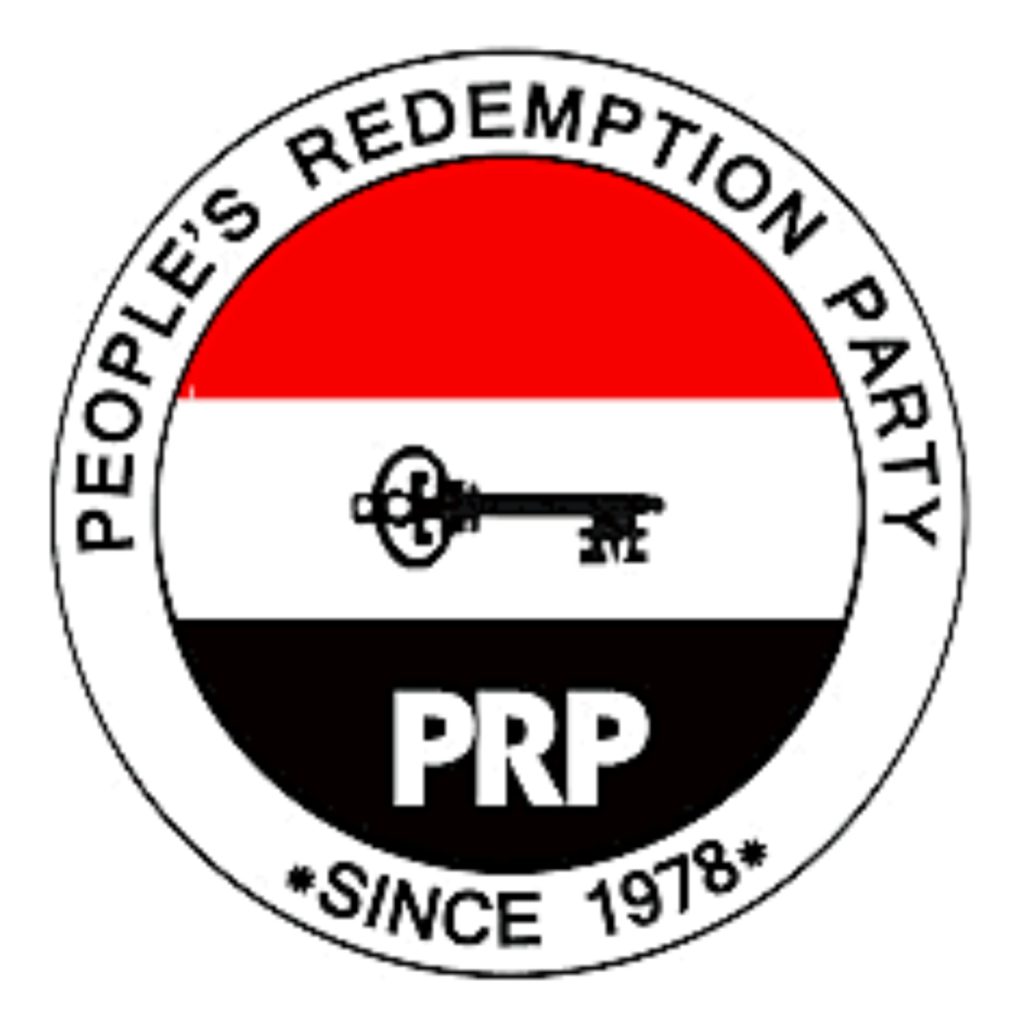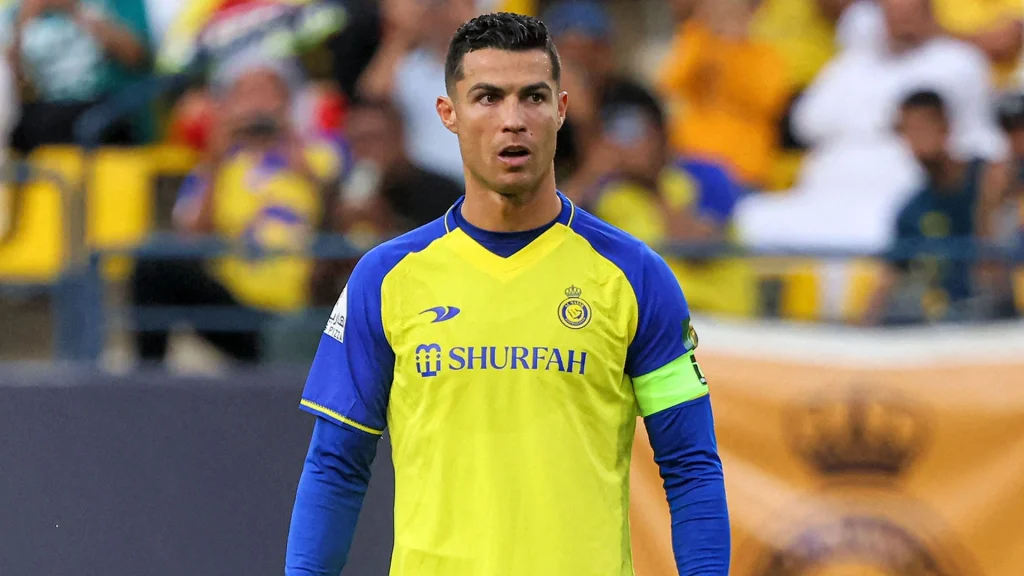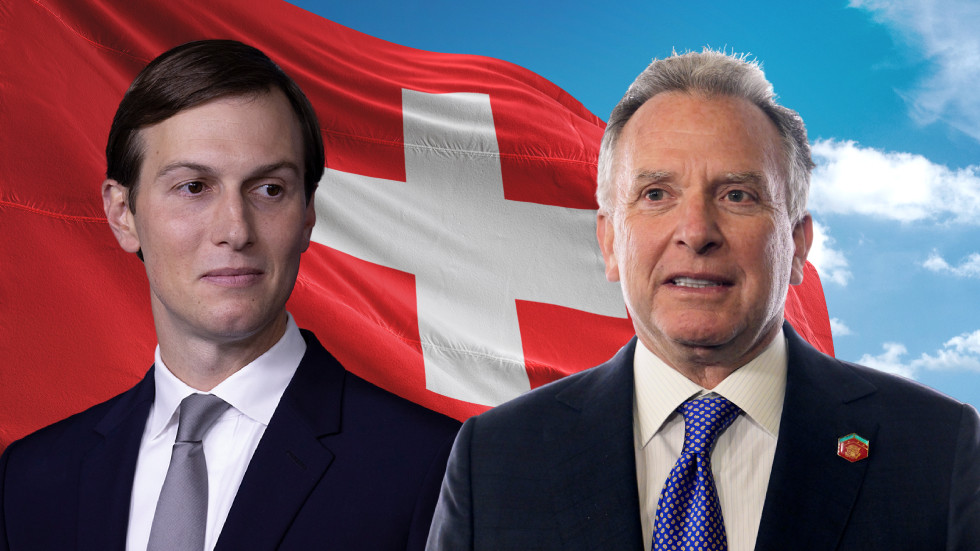The Lagos State chapter of Nigeria’s ruling All Progressives Congress (APC) has urged opposition figures, including Labour Party leader Peter Obi, to focus on constructive dialogue rather than what it called “politicized commentary” about governance. The call came in response to recent criticism from Obi, the Labour Party’s 2023 presidential candidate, regarding President Bola Tinubu’s international engagements as excessive or unnecessary.
In a statement on Thursday, APC spokesperson Seye Oladejo dismissed Obi’s remarks as “alarmist rhetoric” and accused him of misunderstanding the demands of governance and diplomacy. Oladejo stressed that Tinubu’s travels, including his participation in the Tokyo International Conference on African Development (TICAD9), were strategic efforts to position Nigeria as a key player in global economic and geopolitical discussions. “Leadership today requires collaboration, not isolation,” Oladejo said, emphasizing that multilateral forums like TICAD9 are critical for addressing challenges such as economic recovery, climate resilience, and regional security.
The spokesperson contrasted Tinubu’s diplomatic missions with Obi’s post-election engagements, referring to the latter’s earlier international visits as attempts to garner sympathy for an “unsuccessful electoral bid.” He defended Tinubu’s global outreach as essential for attracting foreign investment and strengthening alliances, noting Nigeria’s recent agreements in infrastructure, energy, and digital innovation. Oladejo also cited stabilized currency rates, moderated inflation, and enhanced security partnerships against terrorism as signs of progress under Tinubu.
While acknowledging Nigeria’s ongoing challenges, Oladejo rejected the characterization of the country as “bleeding,” insisting instead that it is in a phase of rebuilding. “This administration’s work extends beyond borders,” he stated, pointing to Tinubu’s travel schedule as a reflection of Nigeria’s commitment to balancing domestic priorities with international obligations.
The statement did not address specific criticisms about the cost or frequency of Tinubu’s trips, which opposition figures have questioned amid Nigeria’s economic strains. However, it framed such diplomacy as indispensable for securing foreign aid, trade deals, and technical cooperation. The APC’s rebuttal underscores tensions between Nigeria’s governing party and its critics over how to navigate the country’s complex socioeconomic challenges while maintaining global relevance.
The dispute highlights broader debates about the role of international engagement in national development, particularly for African economies seeking to expand their influence on multilateral platforms. Tinubu’s administration has consistently framed its foreign policy as integral to addressing domestic issues, a stance opponents argue risks overshadowing urgent local needs. As Nigeria navigates these competing priorities, the polarized discourse reflects deeper divisions over the nation’s strategic direction under its new leadership.



